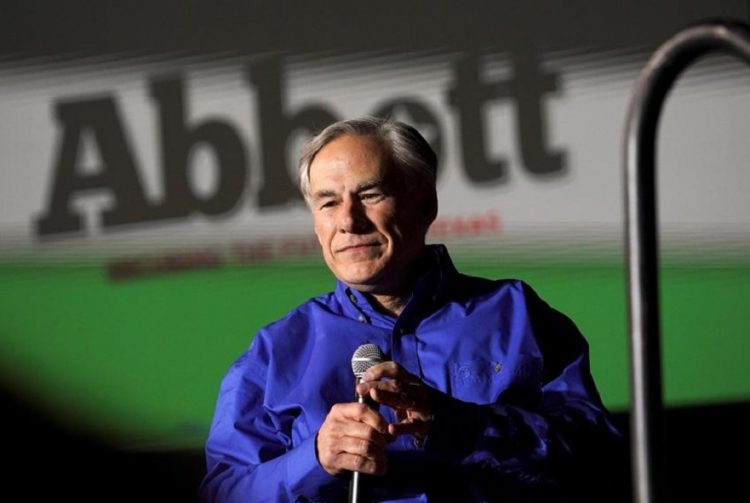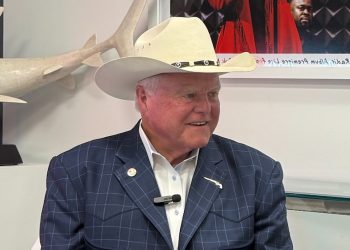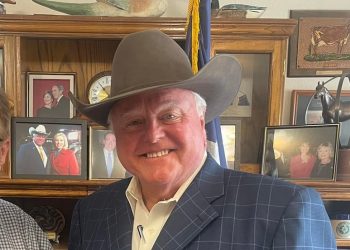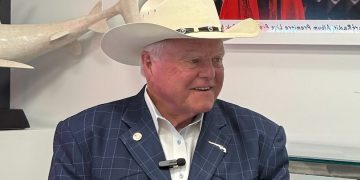Waco, TX – Texas Governor Greg Abbott has announced that he has secured the necessary votes to pass a school voucher program in the upcoming legislative session, making it his top legislative priority. While Abbott remains committed to fully funding public schools, his focus on private school vouchers has sparked both support and concern among education experts and lawmakers.
At a Texas Tribune panel on public education, the future of private school vouchers took center stage. Brian Guenther, President of the San Marcos Academy, expressed his support for the initiative, emphasizing that the ideal school voucher bill would prioritize students who have not had access to private education due to financial constraints. Guenther argued that such a program would open doors for families and students who would otherwise lack the opportunity to choose a school that best fits their needs.
“It doesn’t change anything but opportunity,” Guenther said. “It creates an opportunity for families and students who would not normally have that ability to go to a school of their choice.”
Although the specifics of the private school voucher bill have yet to be revealed, Laura Colangelo, head of the Texas Private Schools Association, highlighted the importance of serving students’ best interests, regardless of whether they attend public or private schools. She stressed that the voucher debate should not be framed as a confrontation between public and private institutions but rather as an effort to provide the best options for Texas families.
“This is not an us versus them situation,” Colangelo said. “This is a way to serve families the best that we can.”
Despite the optimism surrounding the voucher program, concerns about its potential impact on public school funding have been raised. Texas ranks 46th in the nation for per-student funding, and education advocates worry that the introduction of private school vouchers could further strain the state’s already limited resources.
Bob Popinski, Director of Policy at Raise Your Hand Texas, warned that if lawmakers approve a limited voucher program for an estimated 40,000 students, it could eventually lead to an expanded, universal program that would be financially unsustainable. He raised alarms about the long-term financial consequences of such a plan.
“A time is coming in the future where it will break the bank,” Popinski said.
Audience members at the panel also questioned the feasibility of funding both public schools and private school vouchers. One attendee pointed out the potential issue of declining public school enrollment, which could result in fewer students but steady costs. Popinski explained that for each student who leaves the public system, Texas loses roughly $10,500 to $11,000 in funding. This loss could make it increasingly difficult to balance the state’s education budget.
“When a student leaves, they lose about $10,500 to $11,000 on average,” Popinski said. “It is very difficult to do the math on this.”
As the debate over school vouchers intensifies, the future of Texas public education remains uncertain. Governor Abbott’s push for a private school voucher program is set to be a focal point in the upcoming legislative session, and the state’s lawmakers will have to weigh the benefits of increased educational choice against the potential financial strain on public schools.









